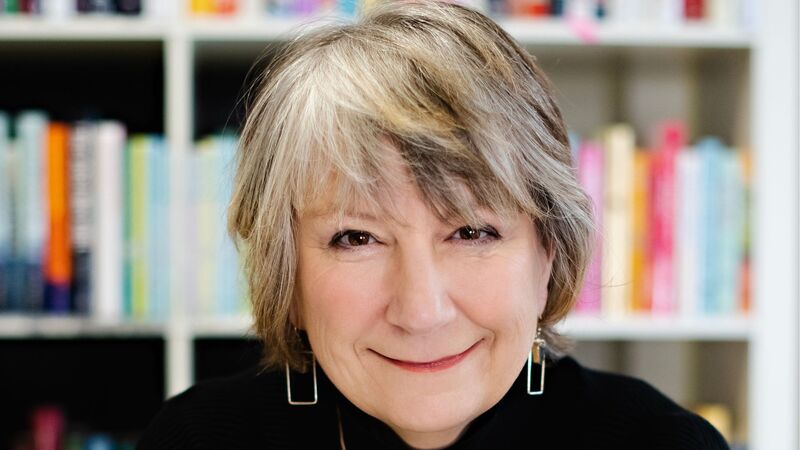You are viewing your 1 free article this month. Login to read more articles.
Fact, friction and author pay
If the Authors’ Licensing & Collecting Society (ALCS) survey into author earnings is to be believed then the occupation of writing is under threat. The report, which canvassed 5,500 members, states that just 13 .7% managed to scrape a full-time living solely from writing, with what they refer to as “professional writers” earning a median annual wage of just £10,437 for their bookish troubles. Unsurprising, then, that many must supplement this income with work elsewhere.
But the reservation I feel about the numbers is important. Publishers have long pooh-poohed these statistics in private only (perhaps they enjoy too much
the ritual flagellation they bring with them), but now Publishers Association chief executive Stephen Lotinga has bravely broken cover to put their views on record. “These figures will be unrecognisable to the majority of publishers as they just do not reflect the investments they are making in creative talent,” he tells us. “If we are to have a genuinely constructive conversation about this issue, then we need a much sounder evidence base.”
I’m not unsympathetic to this line (I feel similarly ill-disposed to Arts Council England’s report into literary fiction, which has since become gospel), but just because the raw numbers are puzzling, it doesn’t mean the survey is not onto something. As I wrote in March, publishers have become more profitable over the past decade—to their credit—but how much of this bounty has been passed down to authors (or indeed, since I am here, to booksellers) remains unclear.
In her response, Lizzy Kremer, president of the Association of Authors’ Agents, points out that neither consolidation nor the shift in income streams (from print, to e-book, to audio) have necessarily benefited authors as they have the corporates. “The publisher can still find a place of profitability,” she says. Richard Combes, head of rights and licensing at the ALCS, counters that whether publishers recognise the figures or not, the trend is clear: less money for all, and fewer full-time writers.
Earlier this year, Society of Authors chief executive Nicola Solomon called on publishers to open their books and reveal how much they pay authors. If their argument is that they compensate those that create the hits and use the new income streams to invest in tomorrow’s talent, then they ought to be prepared to make those arguments in public, armed, perhaps, with the facts. We may lament that pay has become performance-related, while asserting that much of what happens in the bookish economy militates against this: the hits provide the profits that provide for those authors whose books do not sell well. Author Philip Pullman is correct to argue that this is about more than author pay. There is a debate to be had about how the profits of publishing are distributed across the economy.
Last week, the bookshop Imagined Things tweeted that it had taken just £12 .34 on one day, in an effort to drum up support. It is not alone. The book sector is quite clearly not a business in crisis, but that does not mean there are not areas of distress.













